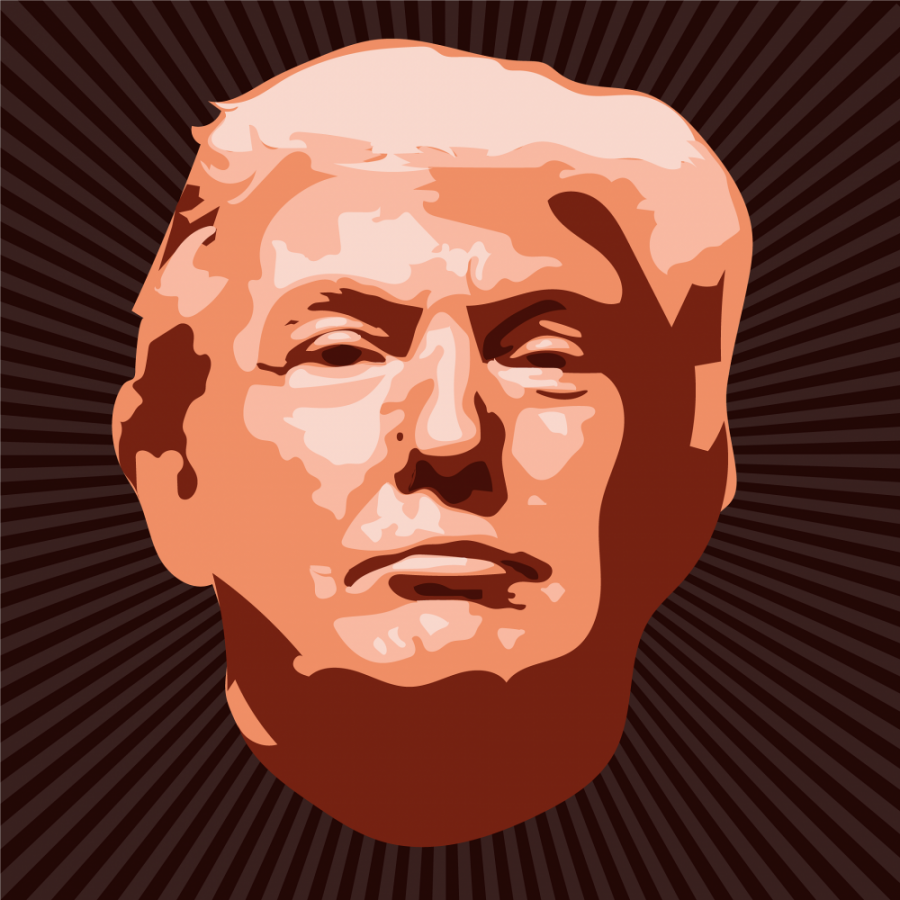Trump’s ongoing trade with China: How is it impacting cannabis companies?
It has been well over a year since President Donald Trump first ignited a trade war against China; a dispute that Trump says could continue until next year. Based on a recent report by CNBC, the disagreement is “still threatening to slap duties on another $325 billion of goods.”
A trade war between the United States and China could seriously influence things in the legal cannabis sector and not necessarily in a good way. Approximately $200 billion worth of imported Chinese goods has been slapped with tariffs upwards of 25 percent.
Earlier this month, Trump reassured agricultural workers – including hemp farmers – that he would practice best efforts to ensure that they receive adequate support in 2020, should the trade war between the U.S. and China still be going strong next year.
A whopping $28 billion has already been dished out by Trump’s administration to cover losses caused by tariffs on agricultural products.
Over half of all companies in the U.S. are pulling production away from China
The repercussions of Trump’s trade war have been colossal, with reports claiming that 50 percent (or likely more) of all companies in the U.S. are now cutting ties with Chinese suppliers and instead, seeking out production operations elsewhere. Even Chinese companies are contemplating shifting production to places outside of the country in East Asia.
“Chinese multinational electronics company TCL is moving its TV production to Vietnam, while Chinese tire maker Sailun Tire is transitioning its manufacturing line to Thailand,” reads the report from CNBC, which highlighted just how serious an effect the trade war is having on China, not to mention the U.S.
Cannabis companies hurt by Trump’s tariffs, but not everyone is concerned
The Chief Executive Officer of Clean Green-certified company Aster Farms, which is based in Oakland, California, is struggling to adapt to Trump’s tariffs on Chinese products.
Julia Jacobson is the CEO of Aster Farms, which focuses on sustainable cannabis cultivation and production. Jacobson’s company utilizes the services of a Chinese company to package its products, meaning that orders are being weighed down by excessive tariffs.
“Our custom tins for our pre-roll pack were finished, but not shipped when the tariffs first kicked in. It resulted in our shipment being delayed for two months and was only released after we paid an additional 25 percent,” she said, adding that, “while many people think the cannabis industry is striking it rich, with the current regulations and supply chain we are all operating on extremely thin and often negative margins, so any increase in our costs of goods hurts.”
Not all cannabis companies in the U.S. are dealing with the negative repercussions of Trump’s trade war with China, however. This is according to an attorney from Portland-based Green Light Law Group who goes by the name of Perry N. Salzhauer. He claims that no clients have filed complaints regarding the trade war’s effect on the business as of yet. He made a point of saying that cannabis companies in the states may even benefit from the tariffs imposed on imported Chinese products.
“It’s possible that the ordering of the equipment is bypassing some of the tariff system,” suggested Salzhauer. “It must be under the radar. They’re not going through customs or [U.S. cannabis firms] are directly ordering these things from a company in China. That’s a totally different can of worms because that can be subject to the postal office.”
An example of the type of equipment that he says may be “of interest” to businesses operating in the legal weed space include temperature-controlling devices, such as refrigerators for extracted forms of cannabis.
President Trump says the trade war puts America in a “very strong position”
In spite of widespread legalization – 33 U.S. states have legalized cannabis in some form as of August 2019 – the cannabis plant is still classified as a Schedule I drug under the Controlled Substances Act. This means that the plant is still illegal at the federal level and is tightly regulated by the Food and Drug Administration (FDA).
As a direct effect of this, cannabis doesn’t have much leverage on Wall Street. Nonetheless, Trump is confident that the U.S. is winning as a result of the trade war with China, which the U.S. Treasury Department dubbed a currency manipulating country on Monday.
“We are in a very strong position,” wrote the President via his Twitter page, adding that, “companies are also coming to the U.S. in big numbers. A beautiful thing to watch!”
Both hemp and cannabis companies are advised to pay close attention to the status of Trump’s trade war against China. After all, the cannabis industry depends on numerous other industries, including packaging, logistics, accessory manufacturing, technology, banking and the legal sector.
With a 25 percent tariff having been imposed on imported goods from China, many cannabis companies are seeking out new suppliers Chinese goods are some of the cheapest in the world, it’s not just suppliers of cannabis products that are going to feel the pinch but also, consumers.








